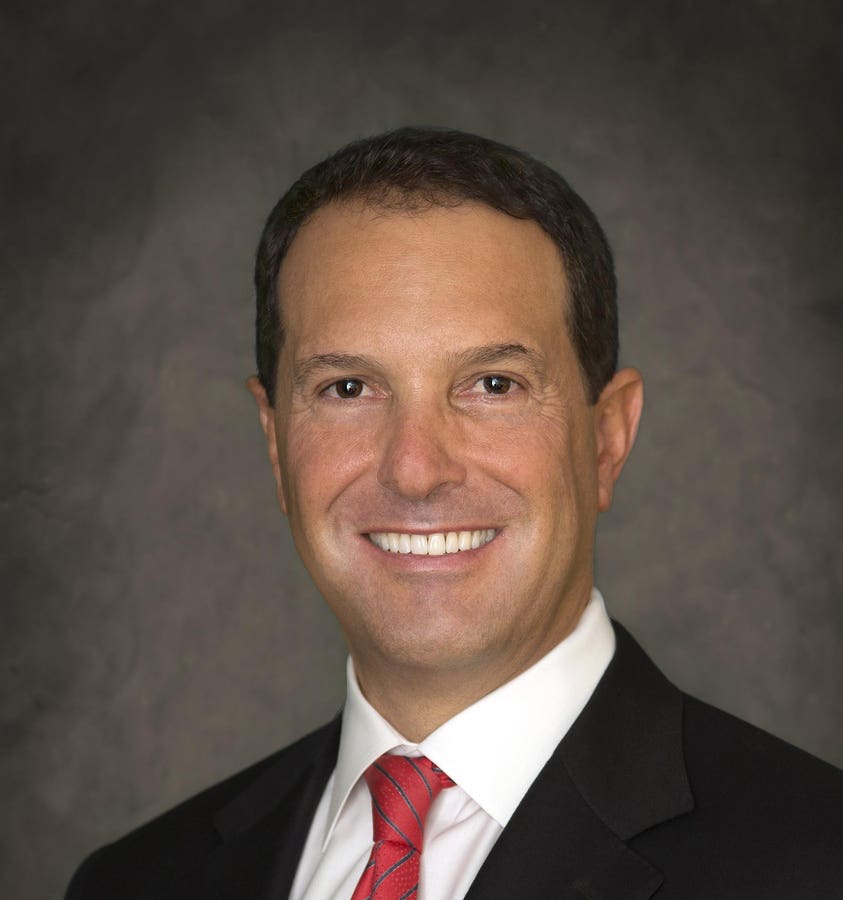Michael Riherd, a managing director at Wells Fargo Advisors, frequently guides clients in managing investment risks, particularly in tech-centric Northern California. Many business owners and executives in the region hold substantial portions of their wealth in the stock of a single company, sometimes amounting to $20 million or over $100 million. Despite the impressive gains of these stocks, Riherd finds that clients are often reluctant to sell, clinging to the belief that if a stock has been profitable in the past, it will continue to be so. Alongside Christopher West, his co-director at Riherd-West Financial Group in Walnut Creek, California, Riherd oversees a team managing $3.6 billion in assets. Their frequent discussions with clients underline an ongoing challenge: changing mindsets toward more diversified investment strategies.
Riherd’s desire to find an effective way to explain diversification to clients was sparked during a vacation to Maui, where he visited the Seven Sacred Pools. He envisioned these pools as a metaphor for investment diversification. Each cascading pool represented a different aspect of financial planning, and this imagery provided a compelling way to illustrate the importance of risk management. Riherd proposed a structured approach, comprising three “pools”: one for current expenses and debt repayment, another dedicated to future lifestyle needs like retirement, and a final higher-risk investment pool. This model helps clients envision how to allocate their resources effectively while minimizing risk.
In this framework, funding the higher-risk pool is contingent on there being surplus funds after securing the first two pools. This strategy resonates with many of Riherd’s clients, many of whom possess an entrepreneurial spirit. By channeling a portion of their company stock holdings into these three designated areas, Riherd and his team aim to strike a balance between risk and opportunity. The future lifestyle pool is centered on secure growth to beat inflation, utilizing traditional investment vehicles like stocks and bonds where potential outcomes can be clearly projected. Through this structured and consultative approach, Riherd helps clients manage investment risks while diversifying their holdings.
Riherd’s innovative idea garnered recognition when he and his team were awarded in a recent Forbes | SHOOK Best Idea competition, judged by prominent industry figures from First Eagle and PIMCO. Beyond his professional milestones, Riherd’s passion for education has roots in his upbringing; the son of two teachers in Pasadena, California, he was inspired early on to pursue a career that involved educating others in finance. His commitment to teaching extends to various professionals, including attorneys and accountants, simplifying complex concepts such as bond duration, which is crucial to understanding investment risks.
Despite his success in advocating for financial literacy, Riherd highlights a troubling gap in education systems. He notes that while higher education institutions often teach theoretical concepts, they lack a focus on practical financial knowledge, missing the opportunity to equip students with essential life skills. Riherd suggests that a more substantial emphasis on practical financial education could benefit future generations, equipping them with the tools needed to navigate their financial futures. This perspective stems from his own experiences, where he recognizes the impact of mentors who devoted time to impart knowledge, making him feel supported rather than sold to.
Ultimately, Michael Riherd’s work exemplifies the importance of managing investment risk through diversified strategies tailored to clients’ unique circumstances. His innovative approach, inspired by natural phenomena and facilitated by years of educational commitment, aims to enable clients to make informed financial decisions. By fostering a deeper understanding of finance and risk management, he continues to champion a movement toward greater financial literacy in both personal and professional realms, influencing a positive change in how individuals approach their wealth management strategies.

